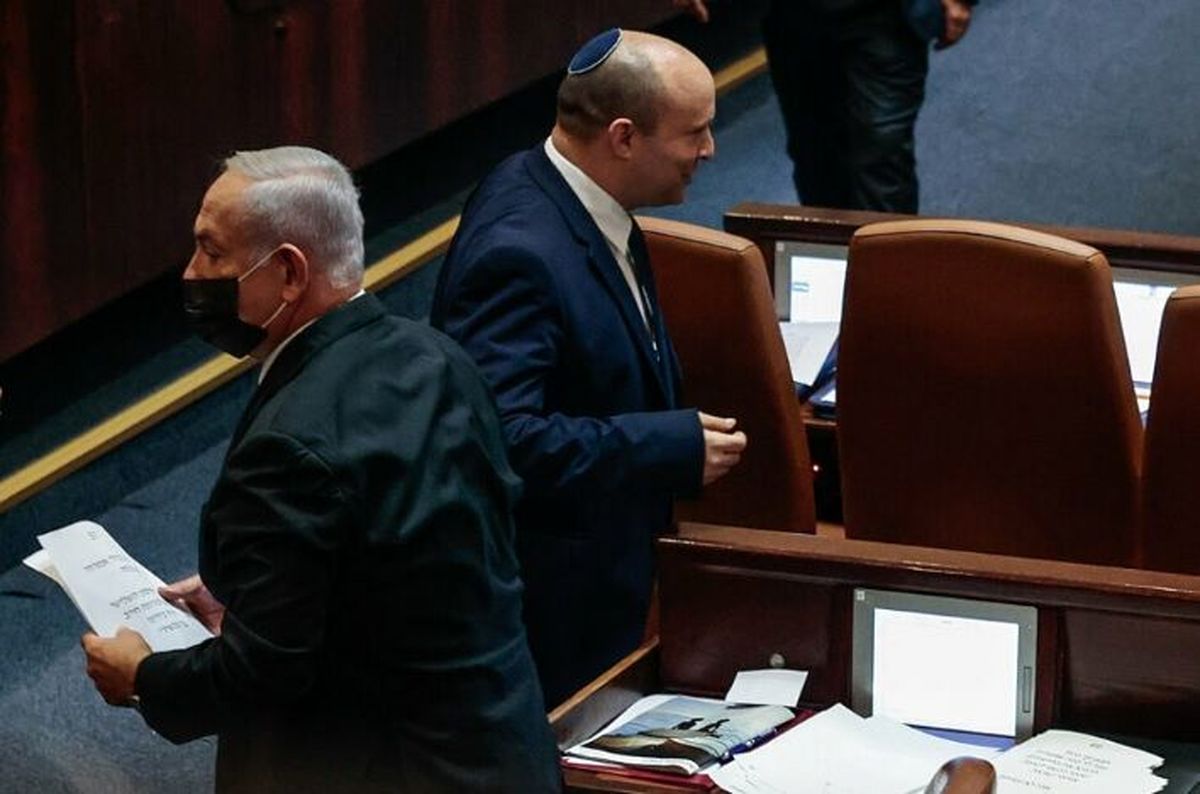Hossein Ajorlou, speaking in an interview with the website of the Strategic Council on Foreign Relations said: The Zionist regime is in a difficult situation in terms of security, and internal events have also challenged the fragile government of Naftali Bennett.
Referring to the growing Palestinian population he said: The increase in the Palestinian population and the demand for their rights in the 1948 territories with coming to power of a far-right government has created a serious conflict. That is to say, most of the far-right Knesset are pessimistic about the Palestinians, and this is at a time when there are a number of realities such as increasing the Palestinian population and securing their rights are being raised.
Ajorlou stressed: Such a conflict is becoming apparent over time, and recent events in the occupied territories have intensified the trends.
The expert on West Asia affairs, referring to the resignation of Ms. Idit Silman from the ruling coalition said: It should be noted that the coalition that formed the government is a very weak coalition, and the government won the majority with 61 seats against 59.
He added: Currently, with Ms. Silman’s resignation, the number is 60-60 and the number of the seats in the opposition and the ruling coalition is equal, and under such a situation, the government would be effectively paralyzed.
The expert believes that the current situation will not lead to the fall of the government, because according to the custom and the law of the Zionist regime, the government must lose the majority.
Saying that if another person resigns from the cabinet, it will lead to its collapse, he added: It is not beyond expectation that other people would also resign, because Bennett’s cabinet has not taken shape on the basis of an ideology and and in a way, the identity of this cabinet is to be ‘anti-Netanyahu’.
He continued: While Bennett’s cabinet was being formed with an aim of ousting Netanyahu, parties from different factions and views entered the coalition; that is to say, from the far right, such as the Yamina party, to the left and the Arab parties that members of this cabinet.
Ajorlou, noting that on the one hand there is an accusation against Bennett’s cabinet that supports the Palestinians, and on the other hand, the atmosphere in the occupied territories has intensified due to the recent events against the Palestinians said: Therefore, this issue will probably lead to the withdrawal of some people from the far right parties such as Yamina and BATNA.
The expert also said that with Ms. Silman’s resignation, Netanyahu promised to give her the post of Minister of Health in the next cabinet of the Likud party.
Ajorlou stressed that if the assassination of individuals, political pressure and promises to them by the opposition parties continue, the possibility of them leaving the coalition and the fall of the cabinet will increase.
The expert on West Asia affairs commenting on the scenarios before the cabinet of the Zionist regime said: The first scenario is that if another person resigns, the cabinet will fall, and according to the previous agreement, if the cabinet falls, until the elections and coming to power of the new government, Yair Lapid will hold control of the government as the prime minister. Another scenario is that a national salvation cabinet will be formed, that is to say, the Arabs support and the cabinet remain in place. Of course, given their differences with Bennett, this scenario is beyond expectation.
Ajorlou, referring to the third scenario that Netanyahu is pursuing, said: The scenario is that some of the right-wing parties support Netanyahu so that they can form a new government without holding elections. Of course, this scenario is also weak, because there is a lot of disagreement between the parties about Netanyahu’s leadership.
The expert said in conclusion: Given the recent events, it seems that the regime’s internal challenges are becoming more prominent and have somehow endangered the regime’s political stability. On the one hand, the right-wing parties in the Zionist cabinet are increasingly becoming more extremist, and on the other hand, the Palestinians are gaining more and more power, which will shake the stability of the Zionist government.
He continued: In the medium term, the Bennett government will probably fall and new elections will be held. It should also be noted that the Zionist regime has entered a process of political instability since 2019, from which it has not yet withdrawn and will continue to do so.
Ajorlou stressed that the main issues now turn to security and identity affairs.










0 Comments